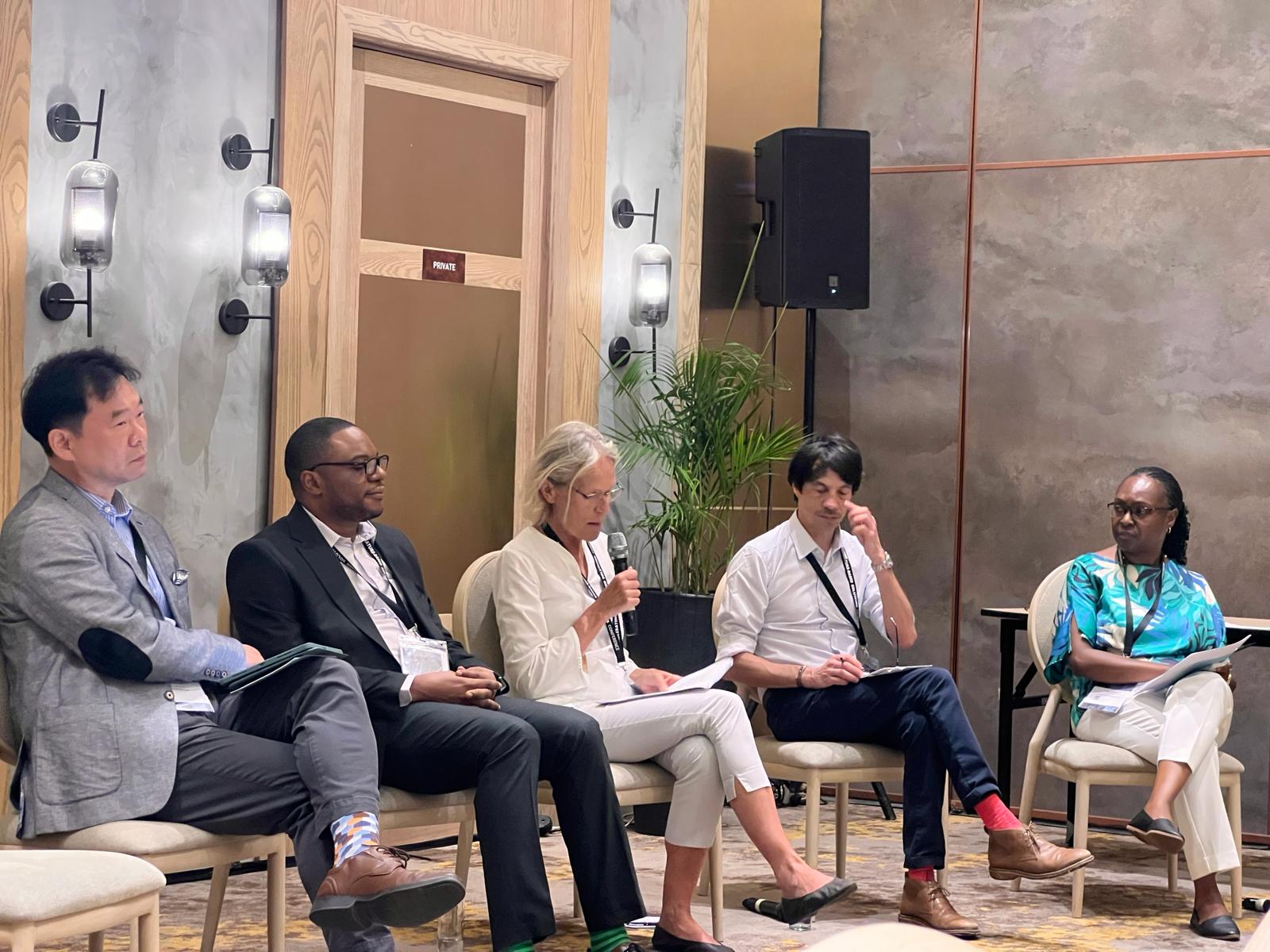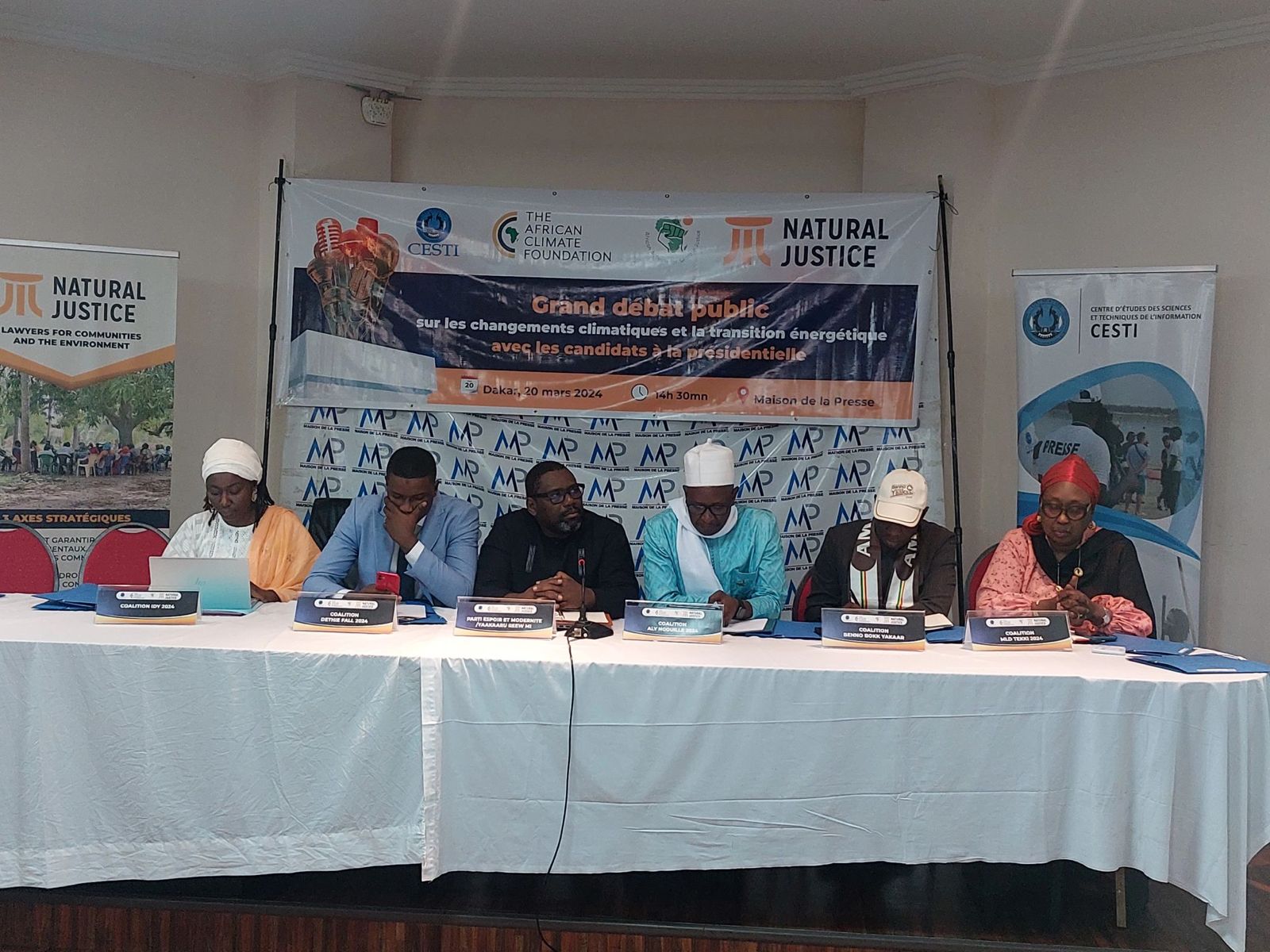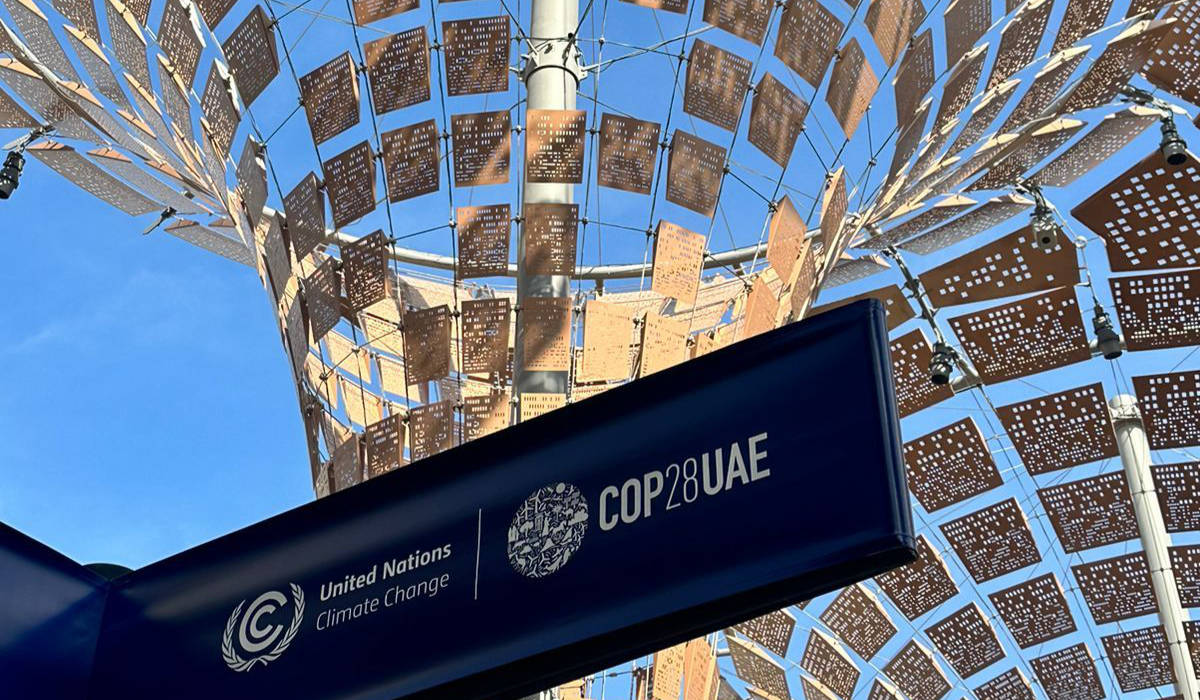A lack of real commitments from G20 leaders over the weekend has complicated the task of climate negotiators at this year’s UN climate talks in Glasgow. There was hope that the meeting would have set firmer targets before COP26, but the official statement released on Sunday afternoon was described as “vague and weak” by critics.
The COP26 talks started slowly on Sunday, with leaders on Monday acknowledging the urgency of the problem of climate change and warning that action is needed. Many of the world’s leaders’ speeches emphasised that the world needed to do more, but many NGOs described this as mere hot air.
Tangible results are rarely delivered in leaders’ speeches at the beginning of the conference but are negotiated in fraught negotiations towards the end of the 13-day climate talks, in negotiations that stretch late into the night. Still, negotiations had hoped for a boost from G20 leaders over the weekend.
COP26 President Alok Sharma, who presides over the talks on behalf of the UK who holds the presidency this year, alluded to widespread disappointment in the outcome of the G20 talks when he warned that “one meeting — be it the G20 or COP26 — isn’t going to be able to address everything”.
This year’s round of talks has to go further to meet the Paris Agreement’s ambition of keeping temperatures from rising more than 1.5 degrees from pre-industrial levels.
Negotiators from 200 countries, eager to show real progress at this year’s talks, had hoped that world leaders would give the talks a kickstart with a firm path on who should do what to slow down climate change.
Some observers were buoyed that the G20 moved the Paris Agreement goalpost of when nations should reach zero net emissions to more ambitious targets: from the “second half of this century” to “by or around mid-century”. But they failed to give a definite year in their final official statement.
The G20, made up of 19 individual nations and the European Union members, convened in Italy for the G20 summit this past weekend, as we reported previously. The G20 is made-up of the world’s major economies, many of which helped fuel climate change over the past century, through greenhouse gas emissions during their industrialisation drive. The group accounts for more than 80% of the world’s gross domestic product, 60% of its population and an estimated 80% of global greenhouse gas emissions.
Watered-down statement
In Sunday’s watered-down official statement, the leaders of the world’s richest economies agreed to pursue efforts to limit global warming with “meaningful and effective actions” after the meeting. Countries agreed to stop financing overseas coal plants, tackle methane leaks and take greater action this decade to limit global warming.
Leaders, however, could not set a precise date for phasing out fossil fuels and reaching net-zero emissions.
Analysts had hoped for stronger commitments. The buy-in of G20 nations, as the world’s biggest polluters, at COP26 in Glasgow is still crucial, as the nations could make or break the talks.
At the very least, however, observers were glad to see some form of commitment coming out of the weekend talks, however small, and crucially that the talks between G20 leaders themselves had not broken down.
South Africa is the only African country in the G20 due to its role as Africa’s biggest industrialised country and the power it wields in the region due to a historically strong economy. South Africa is also a huge emitter due to its coal-dependent economy – one of the biggest emitters per capita at this weekend’s meeting.
South Africa’s Minister of International Relations and Cooperation, Naledi Pandor who attended the meeting in place of president Cyril Ramaphosa, said after the G20 weekend the world needs to see far greater commitment and the objectives that have been spoken of for years must be achieved. “Vulnerable countries must be assisted,” she said, adding that action was needed now.
US President Joe Biden said despite some productive meetings at the G20, he was “looking forward” to better progress at Glasgow. He took a dim view of China and Russia, who “basically didn’t show up” for climate discussions.
Neither China’s President Xi Jinping nor Russia’s Vladimir Putin were in Rome for the conference, instead joining via video link. Putin was also planning to stay home during COP26.
Lack of concrete figures
In terms of the Paris Agreement in 2015, countries committed to slashing their emissions as far as possible, while rich nations would support developing nations with financial aid to help them achieve their targets, as well as phase out coal.
Despite this agreement, nations’ commitments to do more are moving at a snail’s pace.
While G20 leaders agreed in Rome that they would channel post-Covid stimulus money into climate action, and use development banks to marshal more funds for poorer nations, they didn’t commit to concrete details on sums.
Critics also pointed out that while the G20 agreed to stop financing new coal infrastructure internationally, which would scupper proposed new coal plants in South Africa for example, G20 leaders stopped short of agreeing to end coal power in their own nations.
Year of net-zero?
The timeframe of when countries should reach net-zero emissions remains under contention. Scientists say this must be achieved by 2050 to avoid a climate catastrophe, and most countries have agreed to this.
That the G20 was able to move net zero emissions from the “second half of this century” to “by or around mid-century” this past weekend will console some critics. But it remains a dilemma that countries could not agree on a specific date with Russia and China only setting a 2060 target, when many countries were willing to aim for 2050, including coal-dependent South Africa.
India’s Prime minister Narendra Modi only pledged net zero emissions by 2070, when he spoke at the world leaders’ summit in Glasgow on Monday. India has traditionally been loath to commit to a net-zero commitment, despite months of pressure, one of the last remaining major economies that had held out on this.
‘Drops in a rapidly warming ocean’
The G20 host, Italian Prime Minister Mario Draghi, tried to salvage some hope from the weekend, commenting that at least nations were closer to reaching the goal of providing $100bn a year in climate financing to developing countries.
Still, delegates at the talks in Glasgow had hoped for more.
António Guterres, the UN’s secretary-general, tweeted that he was leaving Rome with his “hopes unfulfilled” but not buried.
Prime minister of COP26’s host nation Boris Johnson said leaders’ promises without action were “starting to sound hollow”.
“These commitments… are drops in a rapidly warming ocean,” he said.
Mohammed Nasheed, former president of the Maldives who serves as the ambassador of climate-vulnerable countries, said the statement didn’t go nearly far enough.
“This is a welcome start, but it won’t stop the climate from heating more than 1.5 degrees,” he said.
Mohamed Adow, director of NGO Power Shift Africa, said the watered-down statement was a result of developing countries being “shut out of the room”.



